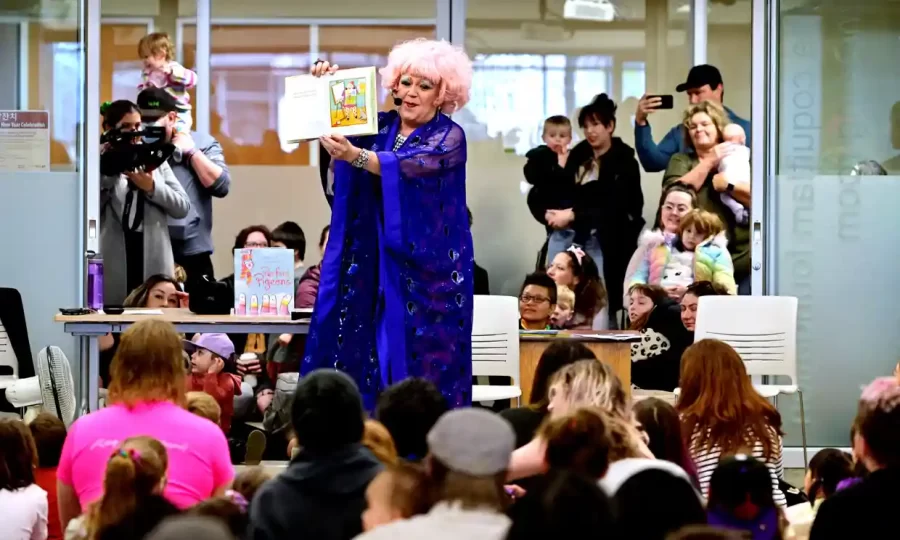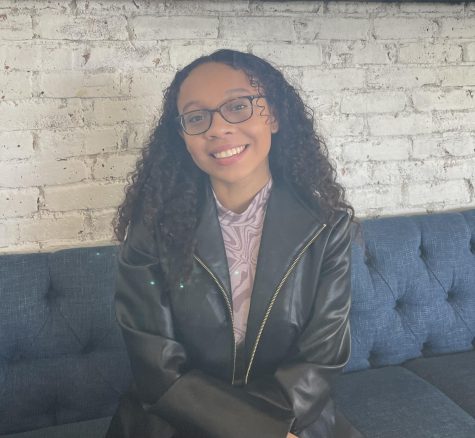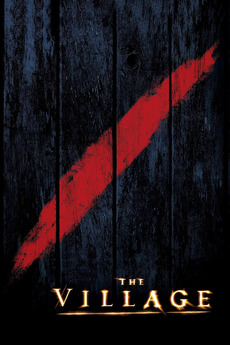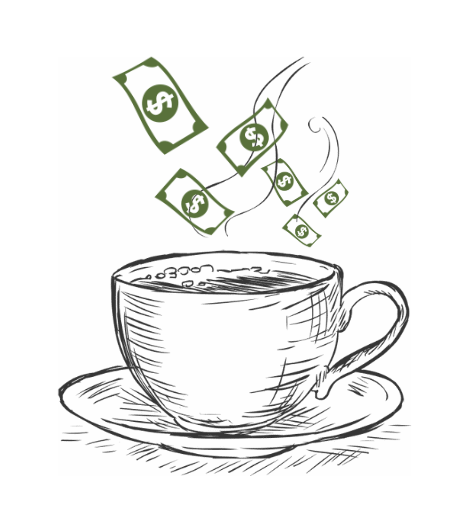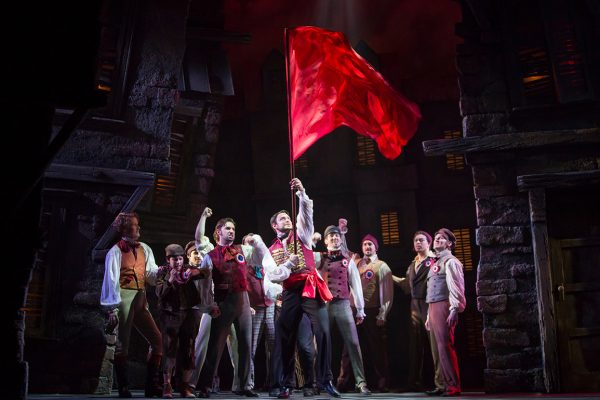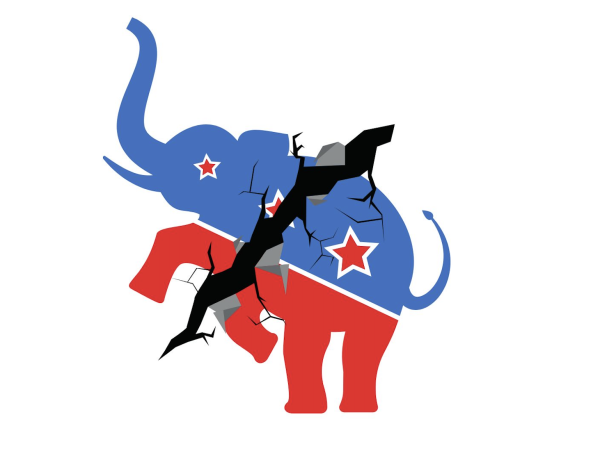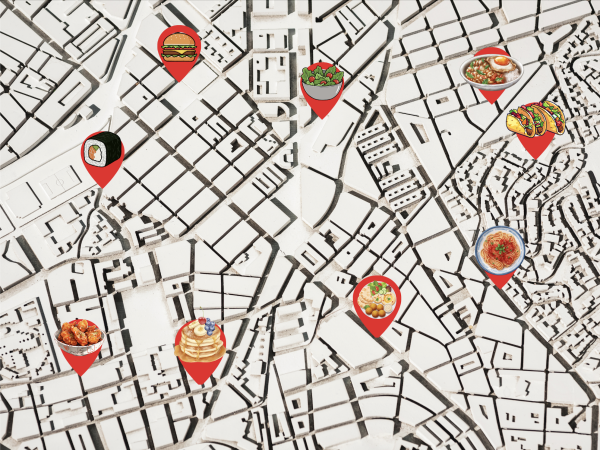Drag bans run rampant in thirteen states
April 4, 2023
Since the beginning of this year, several states have introduced legislation to ban drag performances from being staged in public or in front of minors. These bans have moved through the voting stages on the House or Senate floors of multiple states, and a handful have passed into law.
With these laws gaining rapid support from right-wing politicians, there have been concerns over how this will affect drag performers, trans and non-binary people.
The states that have introduced anti-drag legislation are primarily southern and midwestern states; Arizona, Arkansas, Idaho, Kansas, Kentucky, Missouri, Montana, Nebraska, Oklahoma, South Carolina, Tennessee, Texas and West Virginia. Almost all of the bills that were introduced categorize public drag as “adult cabaret,” which has allowed lawmakers to justify why it cannot be performed in front of minors.
A few bills, like Tennessee’s for example, do not specify a ban on drag and instead classify the performers as people who overly encourage sexual activity. Because of these bills, many kid-friendly drag events, such as drag queen story hour, will also be banned.
In Missouri’s bill, “House Bill 1364” specifies that drag performers who “engage in other learning activities with minor children present” will be arrested. School districts of charter schools that continue to host drag events will lose state funding. In most states, the repercussions for violating this law will be considered a felony charge, a fine anywhere from $1,000 to $25,000 and up to two years in prison. In some states, the punishment is more severe. For example, Arizona’s bill will force drag performers to register as sex offenders and go to jail for at least ten years if they perform for a minor 15 years old or younger.
Texas’s bill will make businesses hosting drag events register as “sexually-oriented businesses.” This means that any business that hosts drag events, such as a coffee shop, will either have to get new licensing, which would affect how they are taxed or stop drag shows altogether. The state also introduced a bill allowing people to report and sue drag events where minors are present. According to The Advocate, the bill follows the format of the “2021 SB 8” which lets individuals report and sue anyone who “could have been involved with any part of an abortion after six weeks of pregnancy.”
Only a few bills have been stopped in their tracks. In Nebraska, the “LB371” bill would have prohibited those 18 years of age or younger from attending drag shows where alcohol is not served. In an effort to stop the bill from being passed, Sen. Megan Hunt amended the bill to prohibit children from attending religious programs such as Bible studies and church camps because of its “well-documented history of indoctrination and sexual abuse perpetrated by religious leaders and clergy people upon children.” Because of this, the bill has been indefinitely postponed.
Banning drag shows and performers can potentially hurt trans and non-binary people, even if they are not performers, raising the concern that law enforcement will arrest and charge trans and non-binary presenting people regardless of their participation.
In a tweet from prominent trans activist Erin Reed she wrote, “This bill would likely ban Kim Petras from performing in Texas, for instance. It could ban a trans person [from] singing karaoke. It could ban pride.” This concern arose after right-wing politicians and commentators, like The Daily Wire’s Michael Knowles, stated that he wanted to eradicate trans and non-binary people from “public life,” according to The Daily Beast. According to The Trevor Project, this transphobic rhetoric hurts trans and non-binary youth as “56 percent of trans youth in Tennessee [are] considering suicide and 20 percent [are] attempting suicide.”
Local drag performers and members of the LBGTQ+ community have been protesting these anti-drag bills, even testifying in court. In Tennessee, where drag bans have already been put in place, there have been prominent protests and charity events to support local drag performers. Celebrities such as Hayley Williams and Hozier performed at the “Love Rising” concert benefit, hosted by “Drag Race” alum Asia O’Hara, to raise money for LGBTQ+ organizations fighting the ban. The concert was held in Nashville, which has a substantial local drag presence. On March 27, pop icon Madonna announced that she would host a trans benefit concert in Nashville to protest the restrictive bill, where Bob the Drag Queen, the season eight winner of “RuPaul’s Drag Race” will join her.
In Texas, trans activist Loren Perkins testified in front of legislatures while other protestors protected her from getting taken off the mic by law enforcement. In her speech, she said, “We can see through this veneer of legislation and assess the intended target: the continued marginalization and othering of the LGBTQIA+ community, rhetoric intended to strike fear into the hearts of the people of this state. I will not sit here and debate your fascist ideology as peddlers of intolerance deserve no such stage on a public forum.” In response, Republican lawmakers later condemned her for speaking over her allotted time.
The anti-drag bills have led to many protestors being arrested by law enforcement. To support the drag, trans and non-binary community, the ACLU and other LGBTQ+ organizations have vowed to support protestors and drag performers affected by these bills. The ACLU created the Drag Defense Fund, supported by “RuPaul’s Drag Race” and MTV, which is meant to fight back against these legislatures. The biggest way to get these bills from not getting passed is to contact local representatives and vote out lawmakers that are advocating for these bills. Making one’s voice heard through voting is one of the only ways to help keep the rights of drag artists and the trans community.

